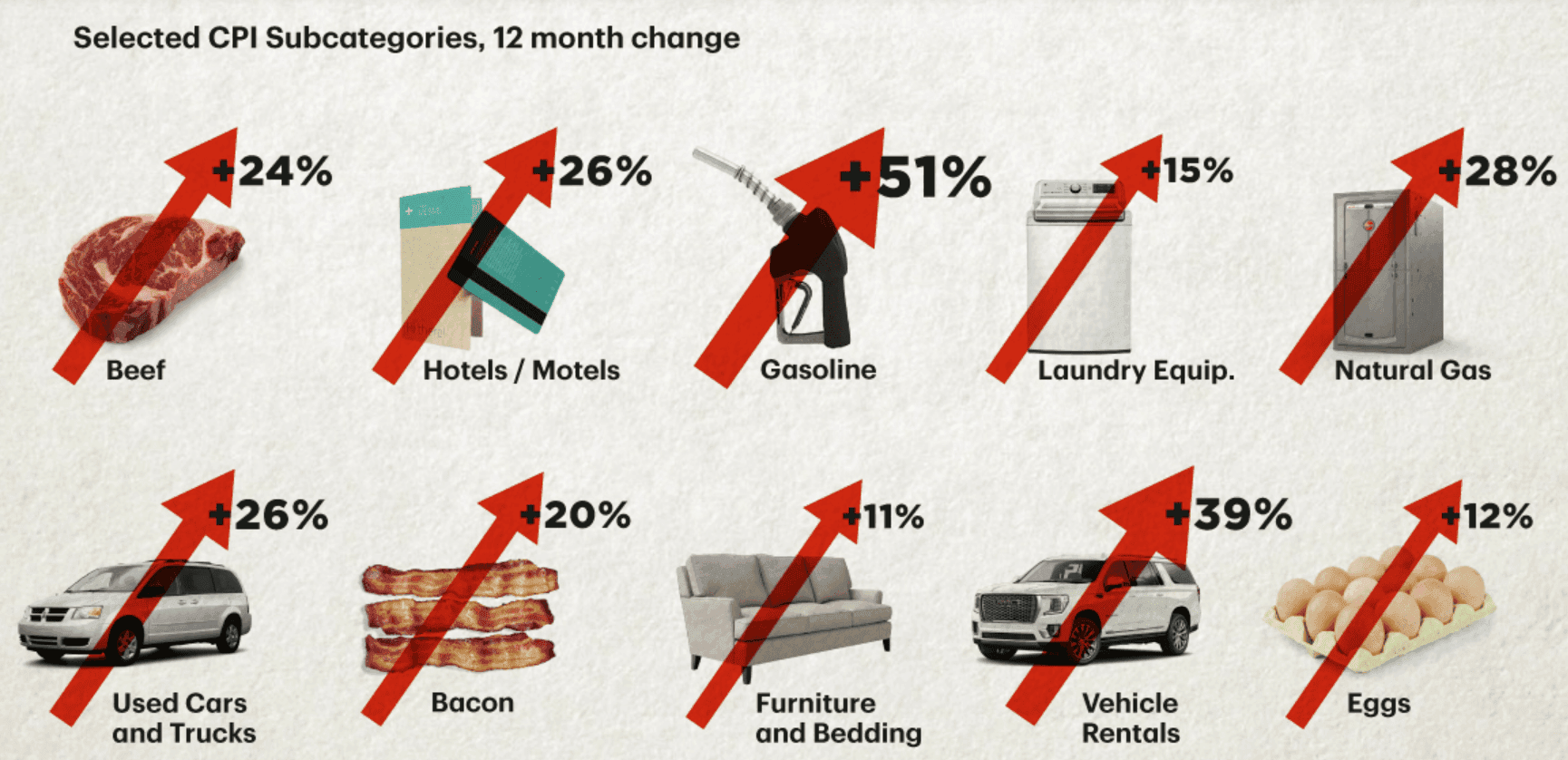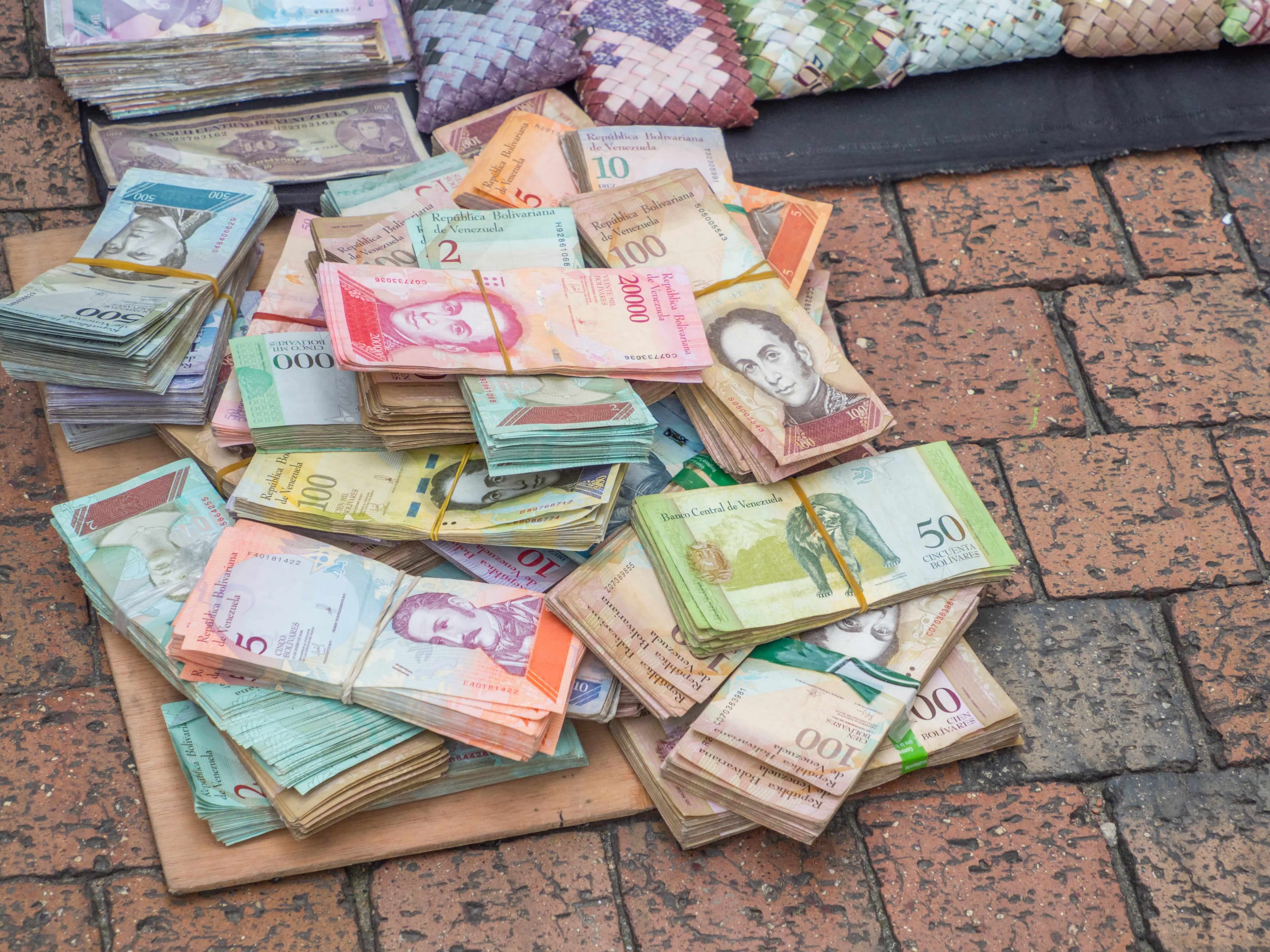What Inflation Feels Like in Real Life: the Case of Turkey

While inflation might be something you only hear in the news and looks like a distant event that doesn’t concern you, for some, it can have real, life-changing consequences. Through the lens of Turkey, this article explains what inflation really is and how it can affect your everyday life.

